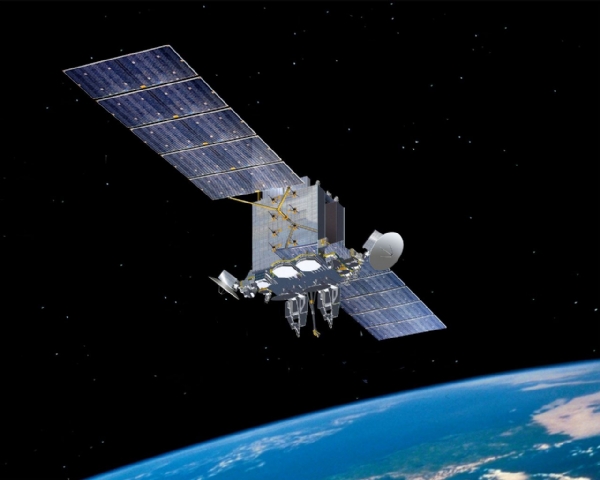India turns to US for nuclear reactors & space research
Total Views |
Nuclear and space are two important areas where India and the United States have lately decided to collaborate. While the two nations will collaborate on developing next-generation small modular reactor technologies for domestic and export markets, the US will launch Indian astronauts to the International Space Station (ISS) next year.

The projected spaceflight mission is in addition to the NISAR satellite, which will be launched by India next year.
Small modular reactors are a recent concept in the nuclear power industry. Small modular reactors are tiny factory-built reactors with less than 300 MW capacity.
Nuclear power equipment producers such as Rosatom in Russia, EDF in France, and NuScale Energy in the United States are currently looking at the small modular reactor category.
tiny is now beautiful for global nuclear power plant builders, and they are trying to populate their tiny modular reactors all over the world.
With shorter gestation times, longer power generation periods, and reduced hazards, nuclear power plant builders today believe that little is beautiful and promote tiny modular reactors, experts previously told IANS.
In addition, the world's first land-based small modular reactor (SMR) with RITM-200N is scheduled to be commissioned in the Russian Arctic area in 2028, according to Rosatom Director General Alexey Likhachev.
Prime Minister Narendra Modi and US President Joe Biden have emphasised the critical role nuclear energy plays in global decarbonization efforts, and they have underlined nuclear energy as a crucial resource for nations to satisfy their climate, energy transition, and energy security demands.
While India will house six Rosatom nuclear reactors in Tamil Nadu — two of which are already operational and four of which are under construction — the US company Westinghouse Electric Company (WEC) is in talks with Nuclear Power Corporation of India Ltd (NPCIL) to build six nuclear power plants in India.
The US Department of Energy and India's Department of Atomic Energy are in intensive talks to help WEC establish a techno-commercial offer for the Kovvada nuclear project in India.
The United States also reaffirmed its support for India's membership in the Nuclear Suppliers Group and pledged to continue working with like-minded countries to achieve this goal.
Aside from that, the two democratic countries have bilateral cooperation on cutting-edge scientific infrastructure, such as a $140 million in-kind contribution from India's Department of Atomic Energy to the US Department of Energy's Fermi National Laboratory towards collaborative development of the Proton Improvement Plan-II Accelerator for the Long Baseline Neutrino Facility — the first and largest international research facility on American soil.
The Laser Interferometer Gravitational-Wave Observatory (LIGO) being developed in Maharashtra is another Indo-US astronomical collaboration.
Forty years after Russia sent an Indian into orbit on their spaceship, the United States will do the same with the International orbit Station.
By the end of 2023, the Indian Space Research Organisation (ISRO) and the National Aeronautics and Space Administration (NASA) will have developed a strategic framework for human spaceflight collaboration.
NASA will train Indian astronauts at the Johnson Space Centre in Houston, Texas, in preparation for a combined mission to the International Space Station in 2024.
Wing Commander Rakesh Sharma was the first Indian to fly to space on a Russian rocket in 1984.
NASA and ISRO collaborated to build the NISAR earth observation satellite. The satellite has already arrived in India from the United States.
Modi and Biden advocated for more commercial partnership between the US and Indian business sectors across the whole value chain of the space economy, as well as the elimination of export limits and the facilitation of knowledge transfer.
India was also the 27th country to join the Artemis Accords, which pursue a shared goal of space exploration.

